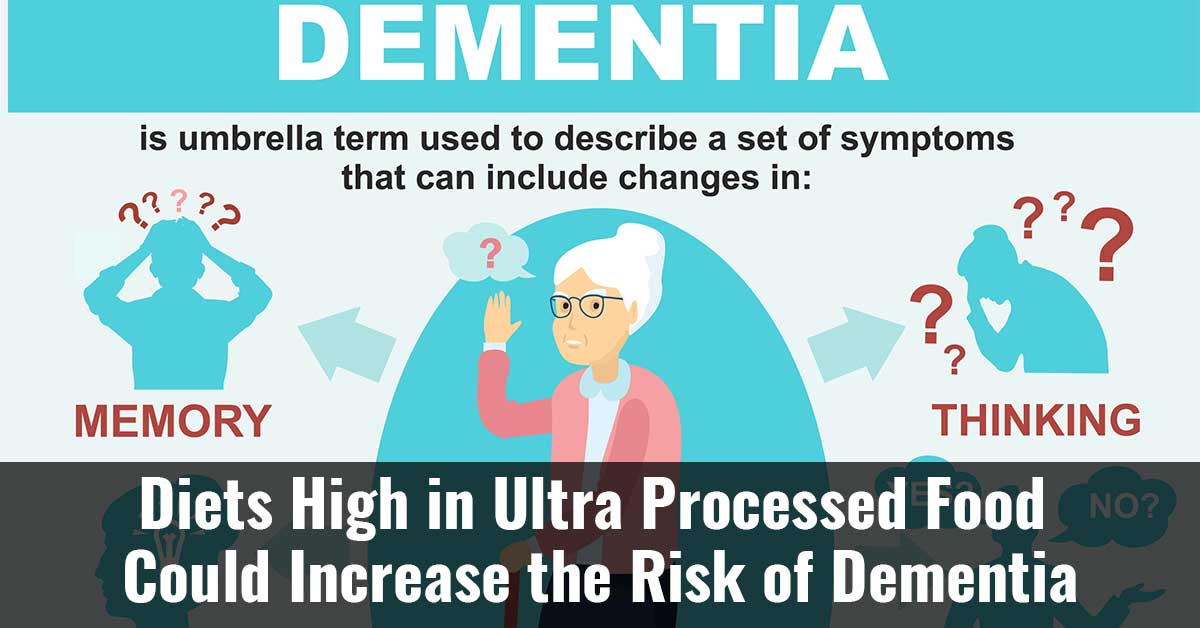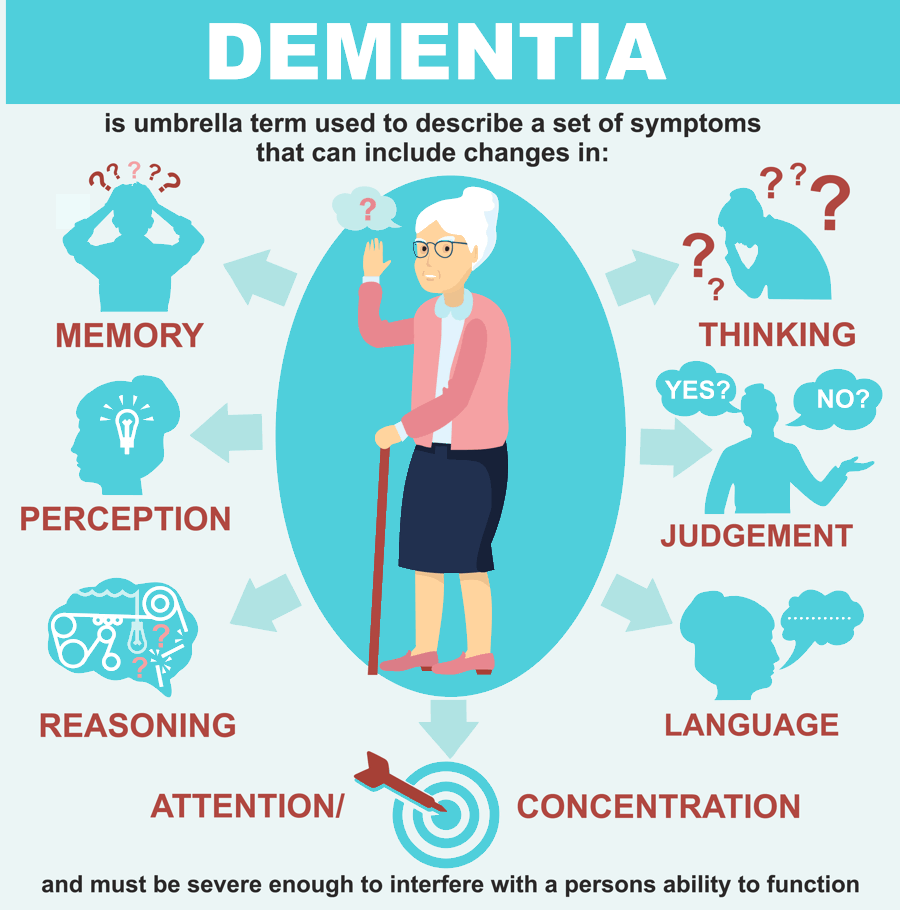According to a study, individuals who consume the largest quantities of ultra-processed foods such as cookies, chips, and soft drinks could have a higher dementia risk compared to individuals who consume the smallest amounts.1✅ JOURNAL REFERENCE
DOI: 10.1212/WNL.0000000000200871
The researchers also discovered that substituting ultra-processed foods in an individual’s diet with minimally processed or unprocessed foods was linked to a reduced dementia risk. The study doesn’t provide evidence that ultra-processed foods result in dementia. It only shows a connection.
Ultra-processed foods are full of added salt, fat, and sugar, and lacking in fiber and protein. They consist of flavored cereals, sugary and salty snacks, packaged bread, packaged hummus and guacamole, mayonnaise, ketchup, canned tomatoes and baked beans, yogurt, deep-fried chicken, sausage, ice cream, and soft drinks.
Although, ultra-processed foods are supposed to be tasty and convenient, they reduce the quality of an individual’s diet. These types of foods can also contain additives or packaging molecules produced when heating, which have all been proven in other research to have detrimental effects on memory and thinking skills. This study not only observed that ultra-processed foods are linked to an elevated risk of dementia, but it also revealed that substituting them with healthy options can reduce dementia risk.
72,083 individuals were identified from the UK Biobank, a database that contains the health information of 500,000 individuals. The participants were 55 years and older and were dementia free at the beginning of the study. They were observed for 10 years on average. By the time the study ended, 518 individuals were identified as having dementia.
Throughout the study, individuals completed a minimum of 2 questionnaires regarding what they had consumed the day before. Researchers established the amount of ultra-processed food individuals consumed by working out the daily grams and compared it to the daily grams of other foods to get a daily diet percentage. The participants were then divided into 4 even groups from the smallest percentage of consumption of ultra-processed foods to the largest percentage of consumption.
Ultra-processed foods comprised 9% of the daily diet of individuals in the smallest percentage group, 225 daily grams on average, in comparison to 28% for individuals in the largest percentage group, or 814 daily grams on average. One helping of items such as fish sticks or pizza was equal to 150 grams. Beverages were the main food group that contributed to the consumption of high ultra-processed foods, followed by ultra-processed dairy and sugary products.
In the smallest percentage group, 105 of the 18,021 individuals developed dementia, in comparison to 150 of the 18,021 individuals in the largest percentage group.
After gender, age, family history of heart disease and dementia, and other factors that might affect dementia risk were adjusted for, researchers observed that individuals had a 25% higher dementia risk for every 10% increase in the daily consumption of ultra-processed foods.
Researchers also made use of study data to assess what the effects of replacing 10% of ultra-processed foods with minimally processed or unprocessed foods, such as fresh vegetables, fruit, legumes, meat, and milk. They discovered that such a replacement was linked to a 19% reduced dementia risk.
The results also reveal that increasing minimally processed or unprocessed foods by just 50 daily grams, which is equal to a bowl of bran cereal, a helping of corn, or half an apple, and at the same time reducing ultra-processed foods by 50 daily grams, equal to a helping of fish sticks or a chocolate bar, is linked to a 3% reduction in dementia risk.




